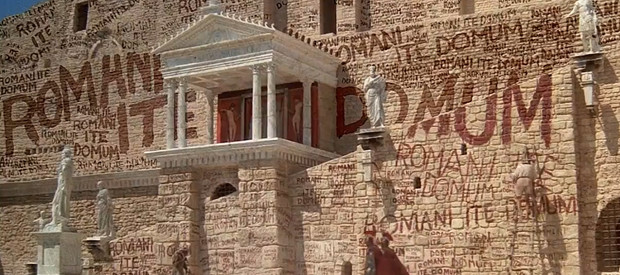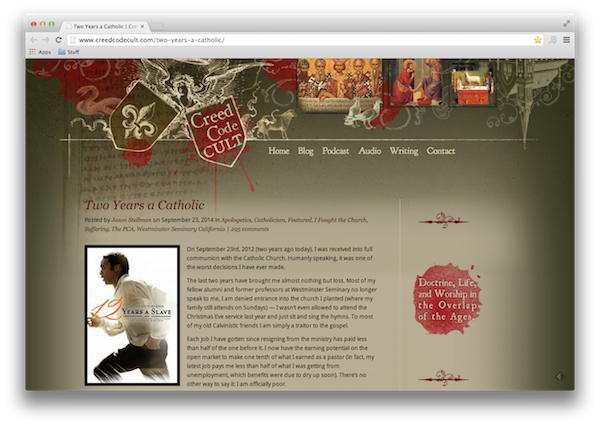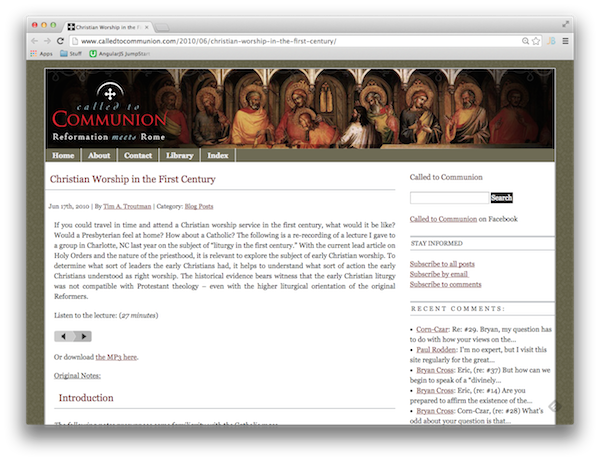What’s the big deal with Latin?

A couple of weeks ago, a friend sent me a question that I’d like to answer in this post:
So, what’s the deal with Latin? It seems to be considered holy or at least holier than the vernacular and I was wondering why. I know that shortly after Christ’s death the church was based in Rome and that Latin was the primary language of most of the Church fathers, I just didn’t know if that was all that was behind it or if there was more. Is it at all important to learn to pray certain prayers in Latin? Or even work to understand the Mass in Latin?
So, what’s the deal with Latin? In my opinion, it’s a horrible language that I was forced to study for three years in school which I absolutely hated. Next question? Okay, maybe that’s not the answer you were looking for.
Why Latin?
I suppose that you could say that Latin is important to Catholicism for a few reasons…
1. Lingua Sacra
The Catholic Church’s love of Latin finds an echo in Judaism. Although most Jews spoke Aramaic (or Greek outside of Palestine), it was Hebrew that was the language of the Temple and the Sacred Scriptures. Latin in Catholicism occupies a similar position as a “Lingua Sacra” (Sacred Language).
2. History
As you rightly point out, a few centuries after Christ Latin is starting to overtake Greek as the common language of the Roman Empire. Starting with Tertullian, the Early Church Fathers increasingly wrote in Latin. This meant that, at least in the West, Latin became the language of theology, liturgy and learning in general. All this resulted in the Latin language being tied to the faith in a very special way. Even once the general use of Latin started to decline, it was still used in the Church, as well as being the universal language of published scholarly works, law, science, …
3. Catholicity
I never really saw the point in Latin Mass until I travelled abroad where my knowledge of the vernacular wasn’t too strong. I could typically follow along with the liturgy, knowing as I did the words of the Mass by heart. However, I remember my joy when we started singing the Sanctus, Benedictus, Amen*… I got a little taste of what a universal liturgical language could bring to the sense of oneness and catholicity of the Church.
* Please note, the “Kyrie” isn’t Latin, but Greek.
Should you learn it?
Now, is it important to learn to pray certain prayers in Latin or understand the Latin Mass? You could that is isn’t because typically most of the Masses you’ll attend will be in the vernacular (something which, by the way, the Eastern Churches have always done).
However, on the other hand, you could that it is very important because it is the patrimony of the Western Church and therefore deserves our attention, since it roots us to the historic Church. Personally, I go to Tridentine Mass a couple of times a year. I prefer my usual liturgy, but I attend periodically so as to gain an appreciation for the liturgy which was celebrated by many of our great Saints. Finally, please remember this great saying:
“Quidquid latine dictum sit altum videtur”
“Anything said in Latin sounds profound”






